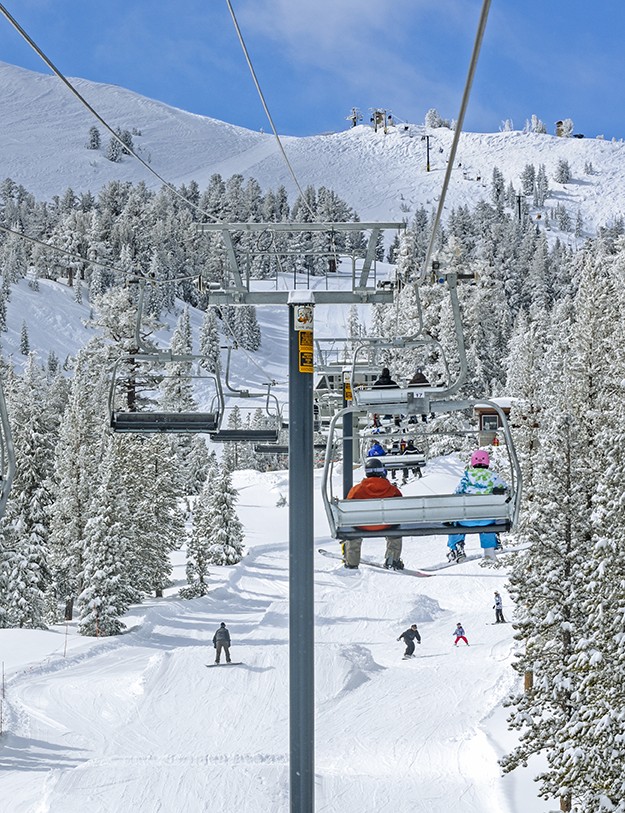Ski Lift Accidents
What is a ski lift case?
Ski lifts are relatively simple mechanical devices, most with established technology and a high degree of safety. However, equipment failures do occur and given the circumstances of use, catastrophic injuries can result. When the injury occurs during the ride, that is after loading and before unloading, generally the cause is poor maintenance by the ski area operator or an engineering design or manufacturing defect. Over 90% of all lift accidents arise while the skier is either loading or unloading and are a consequence of either skier error or improper operation by the lift attendant.
The liability question is generally settled after balancing the operator’s duty to exercise the highest degree of care against the skier/passenger’s duty to pay attention, have the requisite skills to board the lift, and to heed all posted information and instructions. Unloading accidents can be the result of an operator’s negligence caused by an inadequate ramp and snow maintenance and/or the failure to stop the lift to allow known inexperienced skiers to exit safe.

What makes a ski lift accident case unique?
Colorado and Utah have both adopted the same voluminous set of standards to govern the safe operation of a ski lift. The liability in ski lift cases frequently is determined by the timing of the accident. Technical arguments as to what is a part of the ski lift, how much time was available to avoid the accident and partial responsibility on the part of the injured skier commonly arise.
Waivers signed with a season pass or at the ticket window are also a common issue complicating a claim against a ski area operator. Ski area operators have required waivers for years, and recently have attempted to use the waivers as a defense against claims for violating state ski lift regulations. In Utah, these waivers are generally void. In Colorado, they are generally enforceable. However, our firm has successfully argued that a Colorado ski area cannot use a waiver to prevent the injured victim from suing the ski resort when the operator neglects its duties under the Ski Safety Act.
Whether you were injured by a poorly maintained ski lift or an inattentive ski lift operator, you will be facing a formidable defense on behalf of the ski area operator. Ski area operators enjoy statutory immunity for many routine operations, and liability for a ski lift injury is narrowly defined. Experts in ski area management and lift operations often are needed to testify as to the cause of an accident. The nuances of law involved when pursuing a claim against a ski area make experienced representation critical.
What to expect from a ski lift lawsuit?
Significant ski lift accidents, such as brake failure or derailment of the cable, must be reported to state authorities and investigated. Generally, ski area management will compile a comprehensive report concerning the nature, location, and causes of a major lift accident. But you may not be provided a complete copy of the accident file without legal representation, many ski area operators will only produce the complete file in response to a subpoena from an attorney.
Ski lift accidents frequently involve falls from dangerous heights. Medical expenses for internal injuries and broken bones can easily run into six-figures. The nature of the injuries suffered in a many ski lift accidents often means expensive treatment and rehabilitation are needed over a long-term period. Other expenses which arise include future medical expenses, often coupled with a loss of income if the victim was previously employed. Frequently other family members lose time away from work as well. Usually the worst parts of the injury are the pain, the difficulty during recovery, and sometimes even a permanent impairment. The injured victim may seek compensation from the ski area operator for all of these expenses. Read more about Damages.